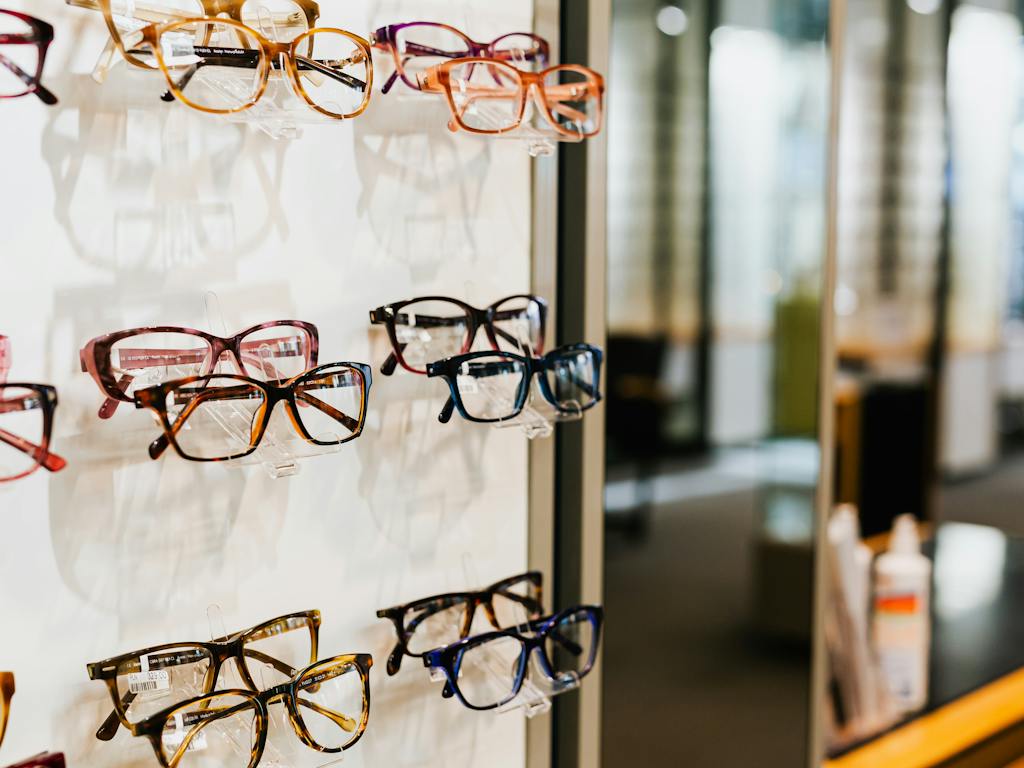When it comes to vision correction, people have different preferences. Some prefer the convenience and aesthetics of glasses, while others opt for the freedom and natural look of contact lenses. The debate between glasses and contact lenses has been ongoing, leaving many wondering which option is better. Below, we will look at the advantages and disadvantages of wearing glasses and contact lenses.
Advantages and Disadvantages of Glasses
For centuries, glasses have been a popular choice for vision correction. Here are some advantages and disadvantages to consider while deciding.
Advantages of Glasses
Ease of Use:
Glasses are easy to use and require minimal maintenance.
Fashion and Style:
Glasses come in a wide variety of fashionable frames, allowing one to express their personal style.
Protection:
Glasses provide protection against dust, debris, and harmful UV rays.
No Restrictions:
Individuals can easily remove and put on glasses as needed.
Disadvantages of Glasses
Uncomfortable at Times:
Glasses might feel uncomfortable, especially if they don’t fit properly or slide down the nose.
Reflections and Glare:
Glasses can cause reflections and glare, particularly during night driving or when using electronic devices.
Limited Peripheral Vision:
The frames of glasses can obstruct peripheral vision.
Advantages and Disadvantages of Contact Lenses
Contact lenses offer an alternative solution to glasses, providing a more natural vision experience. Here are some advantages and disadvantages of contact lenses:
Advantages of Contact Lenses
Natural Vision:
Contact lenses directly adhere to the eye, providing a wider and less obstructed field of view.
Freedom of Movement:
Contact lenses allow for greater freedom of movement during physical activities and sports.
Enhanced Appearance:
Contacts offer a more natural look, as they don’t alter facial features or obstruct the eyes.
Suitable for Different Prescriptions:
Contacts are available in various types to correct different vision impairments.
Disadvantages of Contact Lenses
Maintenance and Hygiene:
Contact lenses require proper cleaning, disinfection, and regular replacement to avoid infections or complications.
Comfort and Adaptation:
Some individuals may find it challenging to adapt to the sensation of wearing contact lenses initially.
Higher Cost:
Contact lenses can be more expensive in the long run, considering the cost of the lenses, cleaning solutions, and replacements.
In the glasses vs. contact lenses debate, there is no definitive answer as to which option is better. The choice depends on various factors such as personal preference, lifestyle, comfort, and vision needs. Glasses offer convenience, style, and ease of use, while contact lenses provide a more natural vision experience and freedom of movement.




